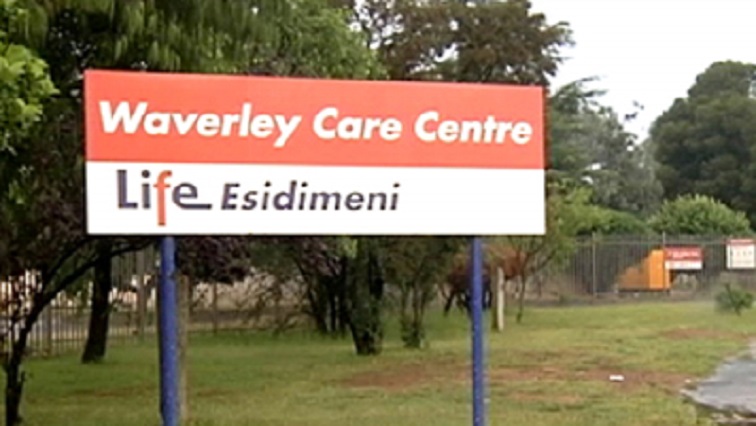The transfer of mental health patients from the Life Esidimeni facilities in June 2016 was marred by poor management of patients’ records. This was the testimony of mental health expert Prof Abel Pienaar at the Life Esidimeni Inquest in the Pretoria High Court on Tuesday.
A nursing lecturer for over 20 years specialising in mental health care, Pienaar, told the inquest that some of the patients had a dual diagnosis of diabetes and a stroke during the transfer period, but such information was not recorded in their transfer files.
The 144 patients died of hunger, dehydration and neglect during and after they were moved from the Life Esidimeni facilities to ill-equipped and unregistered NGOs.
The Gauteng Health Department closed down the Life Esidimeni facilities in June 2016, citing financial constraints. This prompted the transfer of over two-thousand mental health patients.
Prof Abel Pienaar says patients’ records were not properly captured in the transfer forms. He said this was in violation of the Nursing Act.
“I have advanced that the Nursing Act and Professional Conduct as well as subsequent regulations linked to it. And, I have been teaching in nursing for the last 22 years. That is a basic principle. And, in all health professionals that you need to record what you are doing otherwise it is not done. It might be a matter of semantics but that is a principle as a safe health care professional that we stand by,” says Pienaar.
Pienaar told the inquest that the omission of crucial information in the patients’ files suggests a lack of proper caring and neglect by the caregivers.
“What I see in the note is at what state the mental care user was transferred. It might need some help but it’s not a thorough assessment. So in my case if you ask where this report surfaced, I would say no medical history and also a number of patients issues are not very clear. It says physical examination none. It just says the patient shall continuing nursing care but not saying what nursing care must be done,” says Pienaar.
His evidence was met with fierce objection from one of the legal representatives, advocate Harry van Bergen.
He questioned his interpretation of the situation that prevailed prior and during the transfer of patients.
Pienaar’s evidence prompted a swift intervention from the presiding judge Mmonoa Teffo.
“You were specifically asked what’s the source of that statement. Not if it was not recorded it was not done and you said it was the regulation. That’s wrong.”
Judge Teffo says, “I can see that’s a hand up, Mr Luyt. Mr Luyt: I see my learned friend is trying to argue with the witness and I mean arguing about for twenty minutes, if he wants that he can do it out of this proceedings because now it’s not going to take this court anywhere.”
The inquest is to determine if anyone can be held criminally liable for the deaths of mental health patients.
The inquest is investigating the deaths of 144 psychiatric patients:






